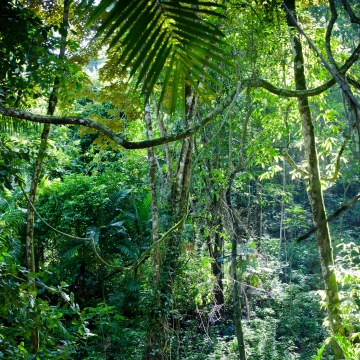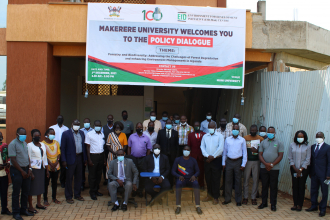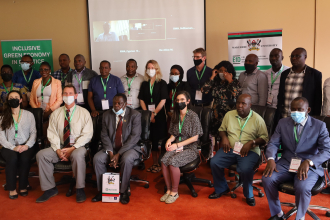Productivity response and production risk: A study of mangrove forest effects in aquaculture in the Mekong River Delta
In Vietnam, most households that are allotted rights to mangrove forests are allowed to convert forestland into surface water to build mixed mangrove-shrimp farming systems. One result has been deforestation in mangrove forests in an effort to increase production. However, mangroves play multiple roles in shrimp yield, and their net effect is an empirical question. In addition, mangroves can reduce production risk, such that clearing mangroves can increase risk.


